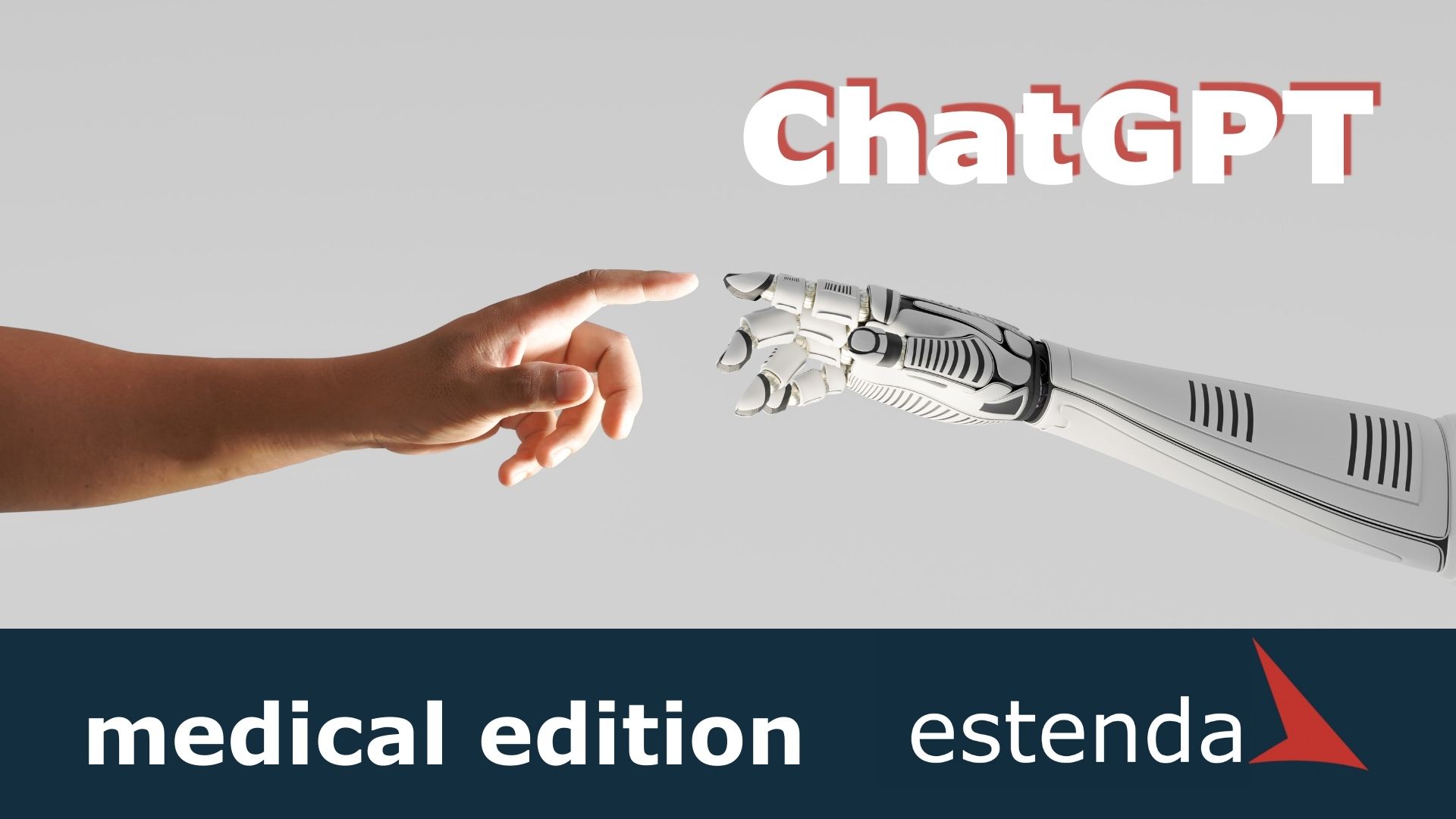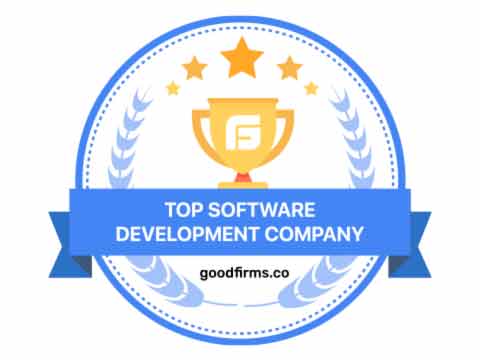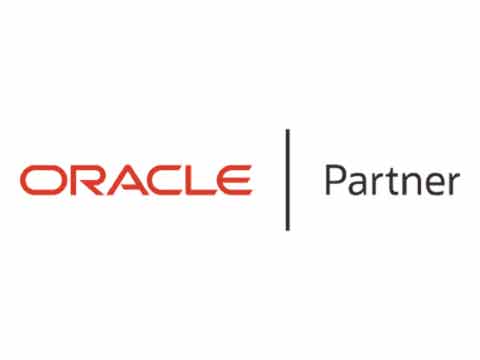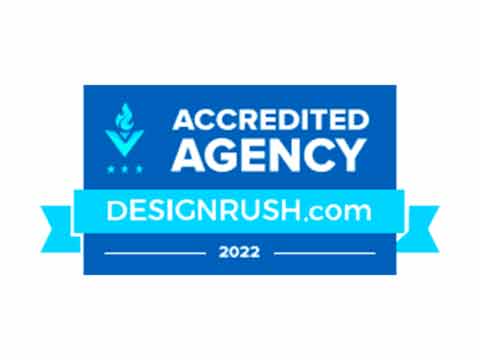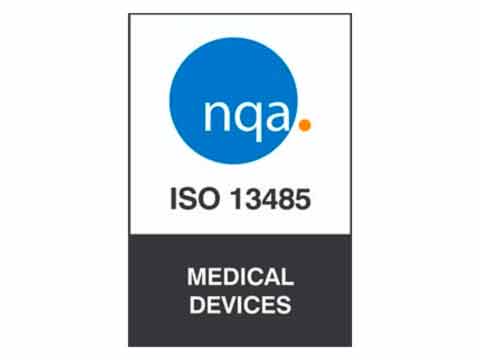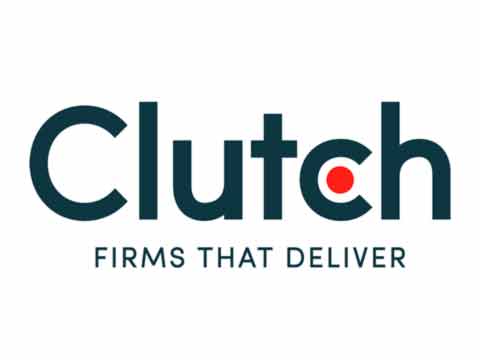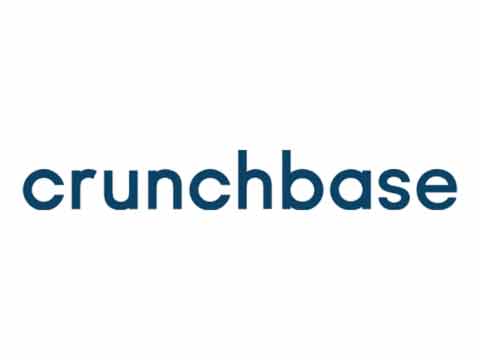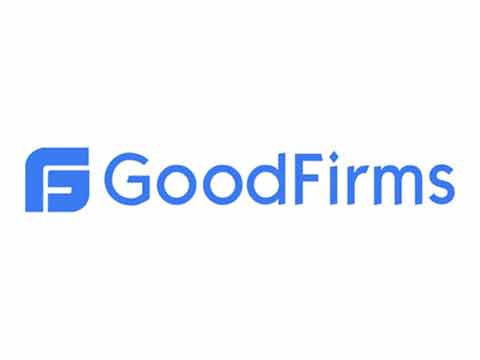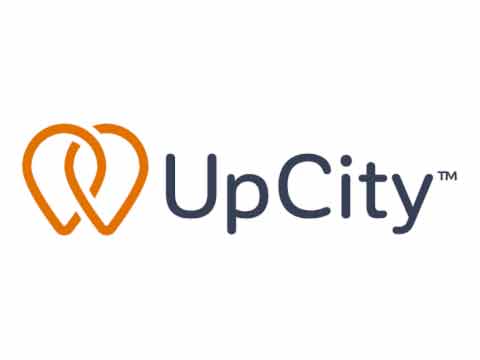Don’t worry, ChatGPT isn’t going to make you obsolete anytime soon, but there are plenty of use cases for ChatGPT and similar AI technologies in healthcare that healthcare should take advantage of. For the uninitiated, ChatGPT is a language model developed by OpenAI. It uses natural language processing to respond to user questions. It has been trained on a large volume of text from a wide variety of sources. There have been a variety of these types of systems, but ChatGPT is more advanced and able to remember its interaction with the user, so can build on the conversation and adjust its responses. As a quick example, I asked it to generate a 2 day a week workout plan using barbells. It dutifully created a reasonable plan, but I was unfamiliar with one of the exercises. Instead of searching for information, I simply asked it to provide references to instructional videos for the exercises. I didn’t have to specify what I was talking about. It understood.
In a primary care setting, one can imagine a variety of use cases. Consider a typical primary care office visit. ChatGPT could perform the function of an intake person. It could ask a series of questions about who the person is and why there are there for a visit. Based on the visit reason, ChatGPT could ask targeted follow-up questions. This targeted intake and ability to summarize complex EMR information would help the clinician better orient to the patient’s situation prior to the visit. During the visit, ChatGPT, combined with a listening service and connection to the EMR, could listen to the encounter, take notes for the clinician, search for and provide information from the EMR in real-time, and provide prompts to the clinician about additional questions to ask and follow best practices incorporating current medical research. It’s often quoted that medical research takes 17 years to make it into standard practice. How quickly can we close that time gap using ChatGPT? Post-visit, ChatGPT could provide a summary to the patient along with follow-up information. If the patient had any follow-up questions, ChatGPT could handle them.
We aren’t quite there yet, ChatGPT does not understand medicine, and it’s known to provide false information and sometimes even make things up. It’s not perfect. It’s generating prompts based on a general training set, but it’s easy to imagine how it could be fine-tuned and learn over time to become more reliable and trustworthy.
Imagine the early days of the Internet; remember Friendster and MySpace? They were not great but launched us to where we are today. Remember the first iPhone, incredible, but it’s become so much more over a decade later. We couldn’t imagine 10 years ago what’s possible today. Think about what ChatGPT can do today; imagine what it will be able to do in 5, 10 years. Now think about how it’s probably going to exceed all expectations and open a new future. A future that is going to be incredible.
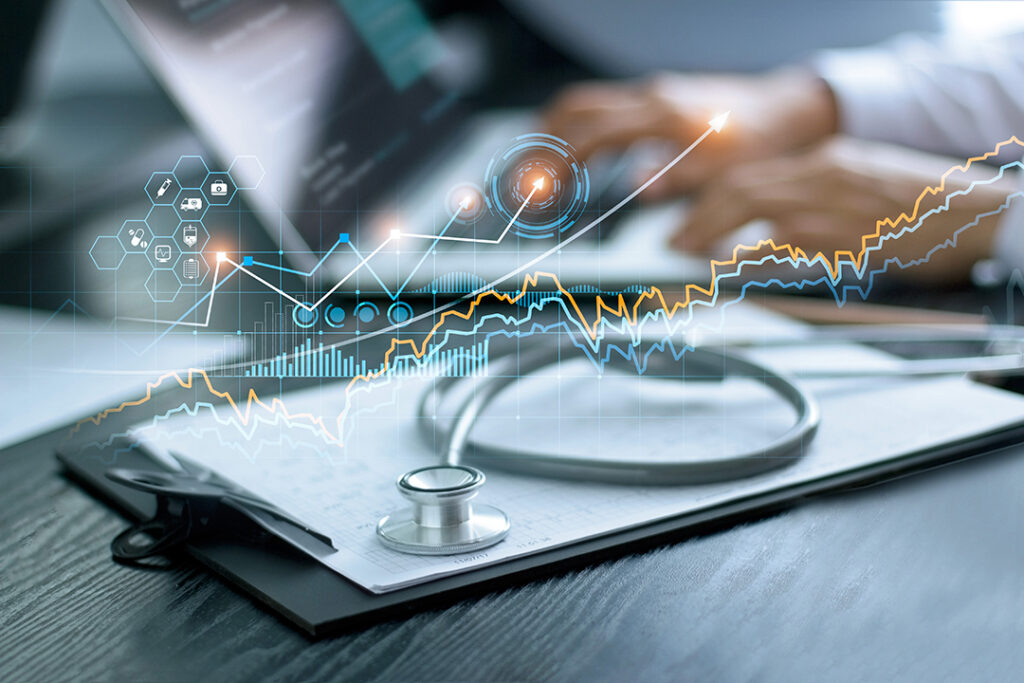
#softwaredevelopment #customsoftware #iso13485 #digitalhealth #digitaltherapeutics #DTx #Chatgpt

